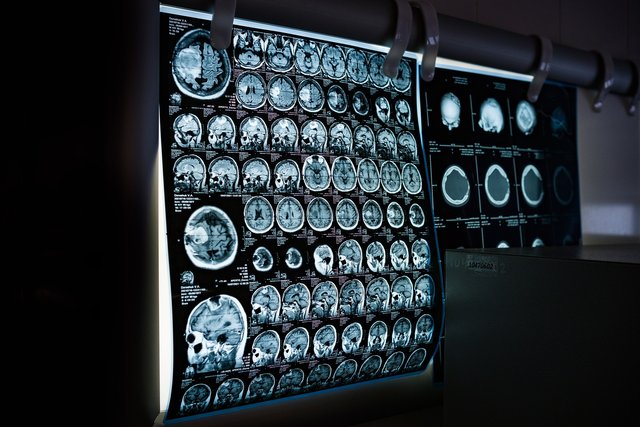Medical Practitioners Embracing New Technologies for Precision Care

Pixabay
I have written before about the integration of artificial intelligence (AI) into medical diagnostic procedures and community health. It is encouraging to see medical professionals and public health workers embrace emerging technologies, and it is already making a difference in people’s lives and health.
Precision medicine is a way to holistically treat patients based upon their entire health profile. Precision medicine is embracing and using data analysis and machine learning programs and AI to look at a patient’s environment, health indicators and health data to reduce illness and disease. Health data is gathered at a personal level from wearable technologies and from communities through observation and case information. The plethora of wearable technologies from Fitbit to Apple and the presence of telehealth companies including Teledoc that gained in reputation since the pandemic helps raise the possibilities of health data gathering on a large scale.
Recently, Tufts University created a public health application on the AWS public cloud designed to aggregate health information and use the information to create precision care for patients. The Tufts medical team are interested in using AI and machine learning to create precise treatments for illness. It is exciting to see a reputable medical institution like Tufts embrace machine learning and AI analysis to create precision diagnosis and treatment while saving money using a public cloud solution.
Telehealth and wearables are helping clinicians and public-health workers to monitor trends and make a difference. A recent survey revealed that 60% of respondents would consider using virtual care, and services including Teledoc have enabled telehealth professionals to monitor and treat patients at a distance. The ability to feed this information into AI for analysis will make a difference for precision care therapeutics. The key to making precision medical diagnosis and treatment is to strengthen the relationships between physicians, telehealth providers, patients and social workers and to enforce the need to gather data that can be analyzed by an AI.
Healthcare is being augmented with AI, telehealth and wearables, which gather information that can be analyzed. This data gathering and analysis helps physicians to develop precision therapeutics and public health strategies. The more health data we gather to analyze and the stronger AI becomes, the better the outcome for individuals and communities. This is a great time for the medical field, and this bodes well for future technological investment and development.
A Steemit Exclusive